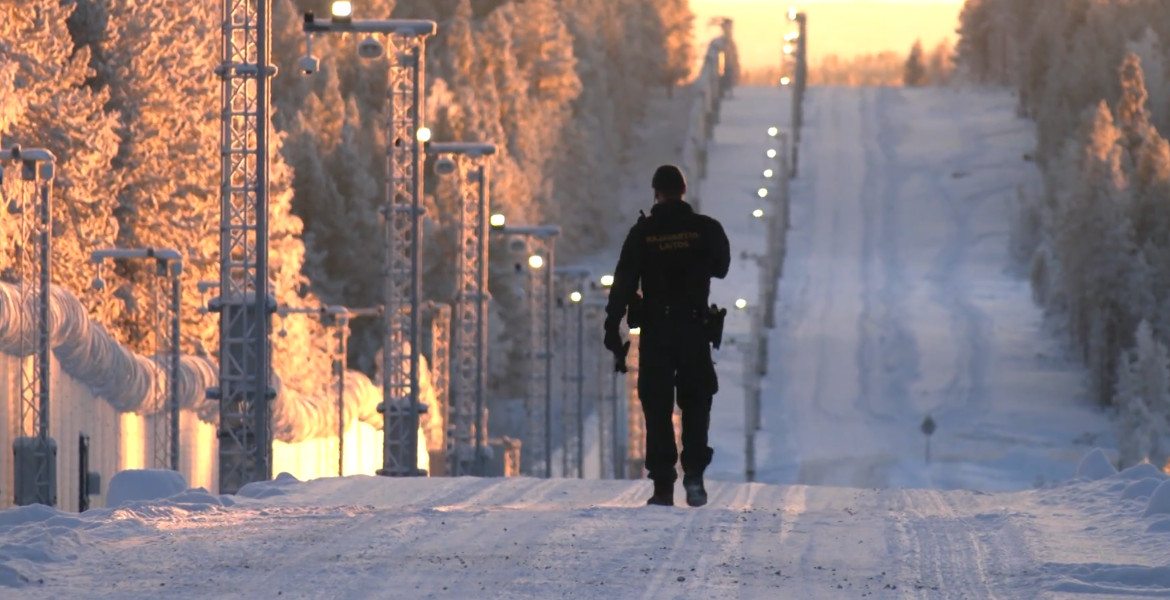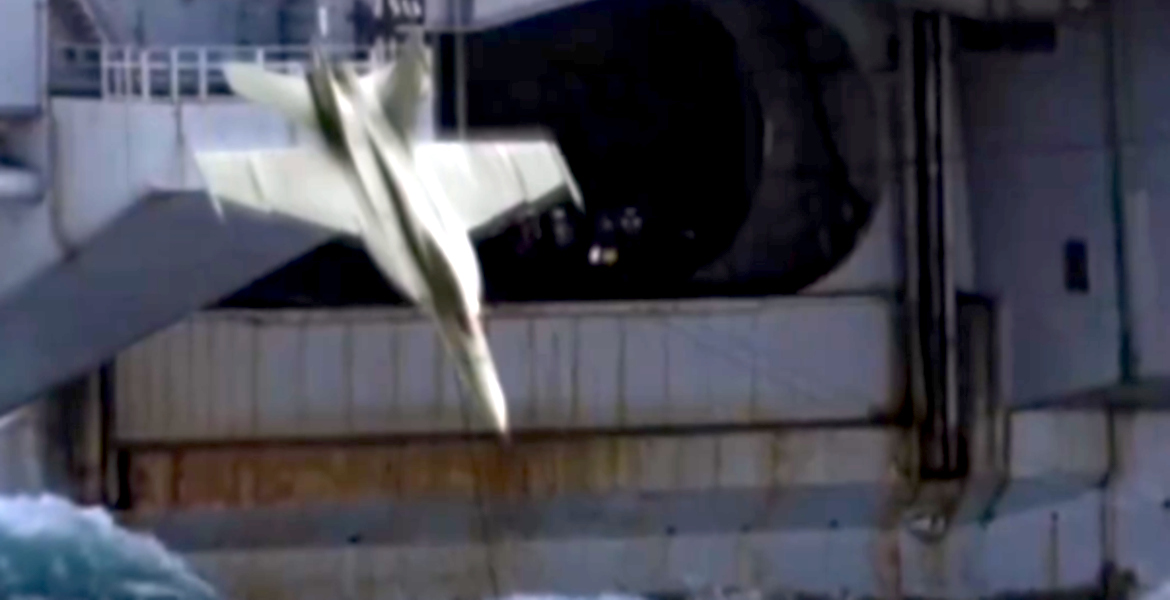Five out of six Swedes say no to foreign powers being allowed to place military and war material on Swedish military bases without Swedish supervision. At the same time, knowledge is low, and three out of four say they do not even know what the DCA means.
Novus conducted a survey on behalf of the Swedish Peace Council (Sveriges Fredsråd), an umbrella organization for various peace organizations in Sweden. The survey shows that the Swedish people are much more negative about Sweden's planned military cooperation agreement with the United States (DCA) than those in power would like to claim, and that a majority is clearly opposed to several of the most important aspects of the agreement.
When asked "Do you think that foreign powers should be allowed to store military and war material on Swedish military bases without Swedish supervision?" a resounding 84 percent answered no. Only 7 percent said yes, and 9 percent were unsure.

Nor do the Swedish people think that "Sweden should enter into military cooperation agreements in which it renounces the right to refuse to allow nuclear weapons to be placed on Swedish soil" - such an agreement is opposed by 72% of Swedes, with only 15% in favor.
The third question, "Do you think that foreign powers should be allowed to use Swedish territory for attacks on third countries?" is opposed by a majority (53%), while 29% are in favor.
It is also worth noting that 76% of the Swedish population do not know what the DCA is, despite the fact that the agreement will soon be put to a vote in the Riksdag. Only 14% say they know what the agreement is, while 10% are unsure.

Swedes kept in the dark
"An overwhelming majority of the Swedish people, 84 percent, say no to foreign powers being allowed to place military and war material on Swedish military bases without Swedish control... At the same time, the Swedish government has negotiated such an agreement with the United States, on which the Swedish parliament will soon take a position", writes the Swedish Peace Council.
It further notes that the DCA also contains no guarantees against the US placing nuclear weapons in Sweden and that parts of Sweden effectively become US territory and "also gives the US military police the right to repel any perceived threat to these exclusive areas anywhere in Sweden - even by force of arms - without Sweden being able to prevent it.
"The Swedish Peace Council is of the opinion that this agreement with such far-reaching powers for foreign powers in Sweden has been negotiated too quickly and that most Swedes do not know - or rather have been kept in the dark about - the real content. This is also shown by the Novus survey, where just over three out of four Swedes say they do not know what the DCA is, while a large majority are against the main content of the agreement".
The survey was conducted through 1107 interviews in Novus' randomly recruited Swedish panel, which is said to guarantee representative results for the population as a whole.




